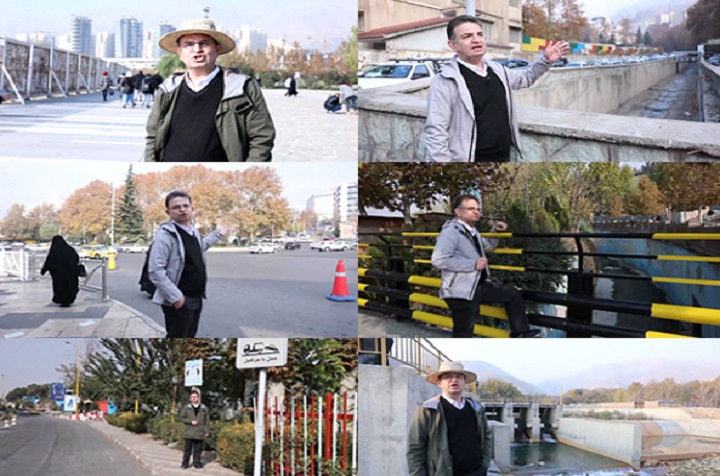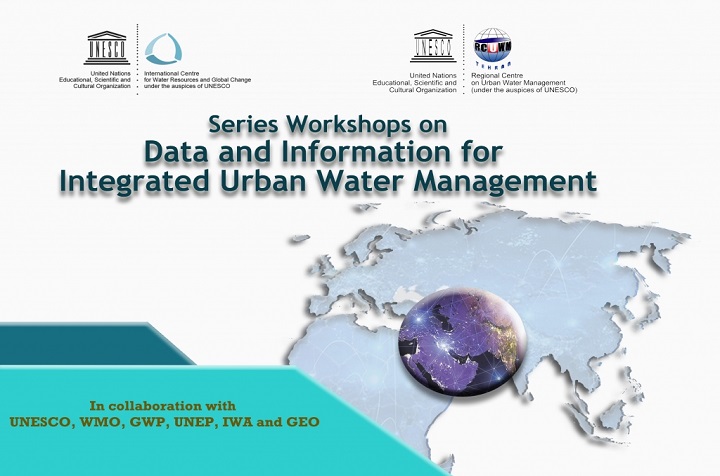Today the role of water as a vital and precious substance, as a simulating force in socio-economic development and as key factor in water ecosystem conservation is obvious and clear.
While this importance is particularly prominent and tangible in the Islamic countries, which are located in the arid and semi-arid regions of the world and are suffering from intensive water shortage, our water management problems and challenges are not confined to the natural shortage of water resources: inappropriate methods of water management along with incremental deterioration of water quality have been additional stressors.
Research conducted on water management processes in the Islamic countries show that expansive efforts have been taken solely on the supply side. In many countries, inappropriate water abstraction from groundwater has led to over-consumption and has caused negative consequences, seriously threatening sustainable development. Existing conditions illustrate that mere reliance on supply-side methods is neither a reasonable nor trustworthy solution against regional water management challenges and will not provide water security. In some countries, water resources development through supplying methods has reached or even exceeded the ultimate limits; in countries still capable of supplying water and expanding physical development, the water supplied marginal cost is significantly increasing. Clearly we must come to the conclusion that this trend is not practical and must not be continued. Unfortunately, despite the consequences, the non-structural aspects of water management and demand management are not sufficiently taken into account: water consumption with very low efficiency, disregard for the economic value of water, lack of a proper plan for investment in reusing wastewater, problems related to the operation and maintenance of water projects and intensive water loss in urban water supply networks remain important challenges. We must urgently and with great sensitivity aim at preventing the occurrence of more intensive water crises in the region by both reviewing past behaviour in water management and seeking innovative approaches.
Fortunately, there are signs suggesting that regional countries have begun to recognise these necessities at political as well as expertise levels. In recent years in many countries, sound approach packages as policy reforms are under consideration, ones that emphasise both the demand and supply sides of water management and develop legal frameworks and governance systems. Key issues arising from such considerations include an integrated framework for water resources, as well as information management systems, water quality management, increased water use and allocation efficiency, promoting the role of the private sector in different aspects of water management, pricing policies based on cost recovery methods, prevention of mining groundwater, stockholders cooperation, developing water management structures, food security and virtual water trade, to name but a few.
In this respect the Regional Centre on Urban Water Management – Tehran, under the auspices of UNESCO, as a follow up to the agreed minutes of its 4th Governing Board Meeting held in Tehran, 13 May 2006, in close cooperation with the Islamic Educational Scientific and Cultural Organisation (ISESCO), United Nations Educational Scientific and Cultural Organisation (UNESCO) and Power and Water University of Technology (PWUT), managed to organise the International Conference on Water Resources Management in the Islamic Countries to be held in PWUT, Tehran, 19 – 20 February 2007.
In this concern, keynote speakers and invited lecturers from different countries were invited to present their last findings in the field of Water Resources Management, which has been highly received by different scientists, experts, decision makers, etc.
This conference provided a contribution to the implementation of the IHP-VI (2002 – 2007 programme Water Interaction Systems at Risks and Social Challenges.
The Conference was declared open by H.E. Mr. Fattah, as the honourable Minister of Energy, I.R. Iran and Chairman of RCUWM – Tehran Governing Board. During his speech H.E. stated that “ …holding these kind of conferences for exchanging viewpoints, presenting new visions and opinions and thoughts will create a valuable opportunity to help water management entities in Islamic and regional countries on the way of achieving their goals by using the synergy of knowledge and experiences from talents, scientists, managers and experts”.
The opening session was followed by a warm welcoming by Dr. Nikravesh, as the Dean of Power and Water University of Technology, Dr. Azizzadeh, as the Deputy Director General of ISESCO and Dr. Ardakanian, as the Director of RCUWM – Tehran.
The director of RCUWM – Tehran briefed the participants on the background of organising this international event as well as the activities and achievements of the Centre, since its establishment (2002 – 2006).




